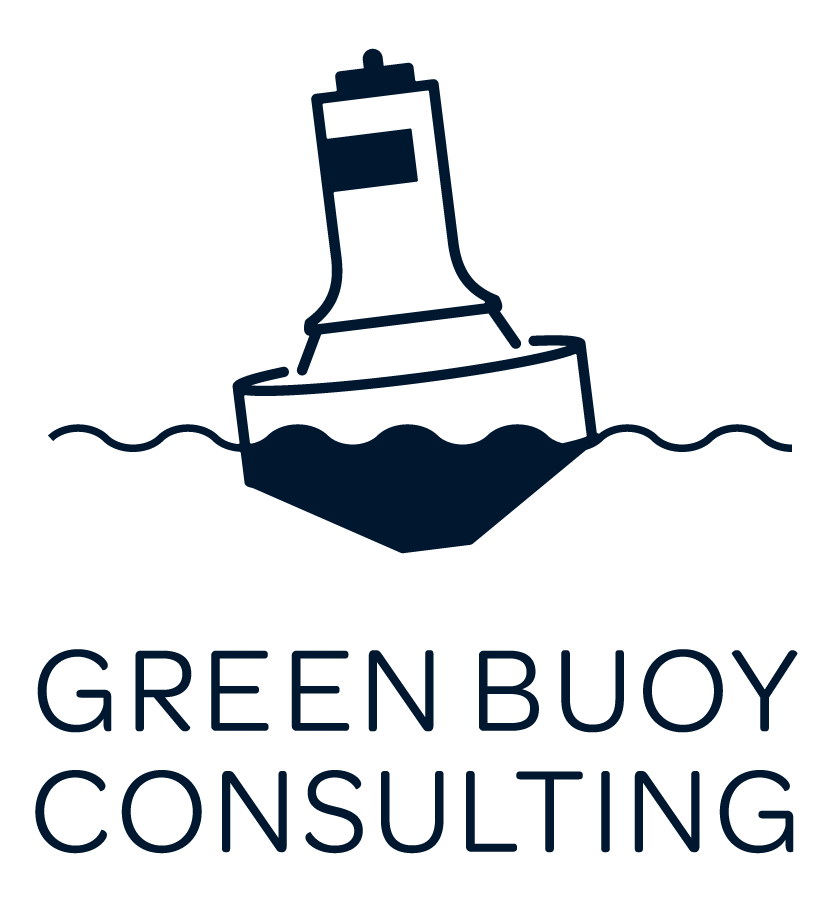What Are Your Opportunity Costs of Delaying Sustainability?
If you’re still deciding if this will be the year of sustainability, contemplate your options using an opportunity cost model. The benefits of sustainability are well documented in the press. Carbon Disclosure Project research found companies that plan and manage for climate change risk have an 18% higher return on equity than peers and a 67% higher return on equity than companies that forgo steps to mitigate climate risk.
Companies that are worried about the costs of undertaking a sustainability strategy have choices to evaluate. Statistics like these, company stories and customer data are all relevant to choosing to go ahead with a sustainability strategy.
Those are concrete ways to show the benefits of a sustainability strategy. In this article, we will look at the inverse of benefits, the costs of forgoing a strategy. What are you missing out on by avoiding a strategy or pushing it to next year?
Using the opportunity cost model, you can discover costs for delaying a sustainability strategy.
What is Opportunity Cost?
If you're still doubtful of sustainability, its value or its urgency, consider the opportunity costs.
I’m explaining how to use the concept of opportunity cost to help a company value its sustainability strategy. Opportunity cost is what you're giving up to get something else (in simple terms). So, in avoiding sustainability, what benefits are you waiving?
“Opportunity cost is what you’re giving up to get something else (in simple terms). So, in avoiding sustainability, what benefits are you waiving?”
A simpler way to think of this is to think of "future you," and "future your company." How will things look in 2 to 5 years without taking action now? People have different attachments to cost and look at it in different ways. Here are some opportunity costs to consider when thinking about sustainability.
Gen Z and Millennial Engagement Opportunity Costs
There is extensive research on how millennials and Gen Z customers view a company’s actions on sustainability. Bottom line: they think companies should be considering and taking steps to improve the environment.
Think about their interest in two ways, as a customer and as an employee. The next five to ten years will see Gen Z and millennials as an increasing part of the workforce. Millennials are already two-thirds of employees, by 2025 it will be 75%.
By avoiding sustainability, you risk alienating a notable portion of your customer and future employee base.
Use any millennials or Gen-z-ers in this opportunity cost exercise. Ask current employees where they see gaps or what tradeoffs they see. A simple survey should work!
Opportunity Cost of Industry Catch Up
If you aren’t considering sustainability now, and in three years, your entire industry is, you will be racing to catch up. Dedicating what might seem like a significant amount of time to lead the pack might be better than dedicating the same amount of time when you’re racing to catch up to everyone else.
Suppliers you're considering now may get scooped up by competitors, partnering with state-of-the-art software designers might cost less now. Taking a look at industry competitors and where they are moving is a good indicator for yourself if it's time to move on a strategy.
Check out conference schedules, white papers, annual company reports. Is sustainability included in those conversations?
Opportunity Cost of Money Saved
What if you could save even 5 or 10% of your resource costs? Savings add up over time and by delaying a strategy you are missing out on savings compounded over multiple years. Let's say you save a net $10,000 annually with energy and water efficiency schemes.
If you saved $10,000 for three years, even with a 2% interest rate, you would have $41,278.46 at the end of the time. Or if you started in three years, after a year you would have, $10,201.84. That's a notable contrast.
Opportunity Cost of Publicity and Marketing
It's not as easy to stand out in a crowded field. Will you be sharing your sustainability goals and reporting in five years with everyone else? Demanding action on sustainability now lets you create your marketing narrative and share information on your terms.
From a PR standpoint, outlets are more likely to cover new, exciting trends, rather than someone who has joined the bandwagon too late.
Opportunity Cost of Market Share
Are your competitors taking steps toward sustainability? Is the industry moving in that direction in any way? If there's a chance for you to grab market share or appeal to a new set of customers, take it. Even progress from a thought leader perspective will reap benefits back. Being an early adopter can feel like a gamble, do your research and see if it will pay off.
What are you giving up by avoiding taking action on sustainability? How did you think about the benefits of starting a strategy over the costs? I’d love to hear your thoughts in the comments below.







